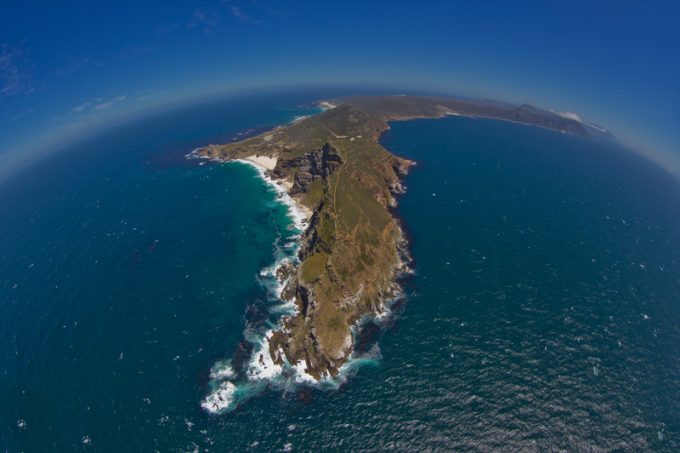CMA CGM gets closer to rival carriers on Indian trades
CMA CGM appears to be warming to new network partners on Indian trades to compete ...

Sailing around the Cape of Good Hope was regarded as foolhardy in the days of tall ships and wooden hulls. But even for the sophisticated vessels of today, there are dangers.
Two recent high-profile container-loss incidents – the CMA CGM Benjamin Franklin lost 44 boxes with damage to another 30 in July, and 99 containers were lost this month from CMA CGM Belem – have reduced confidence in the suitability of massive containerships for tougher ocean conditions.
And it could have been ...
Trump tariffs see hundreds of cancelled container bookings a day from Asia
'To ship or not to ship', the question for US importers amid tariff uncertainty
'Disastrous' DSV-Schenker merger would 'disrupt European haulage market'
'Chaos after chaos' coming from de minimis changes and more tariffs
Forto 'sharpens commercial priorities' as it lays off one-third of staff
List of blanked transpac sailings grows as trade war heats up and demand cools
EC approves DSV takeover of DB Schenker
Overcapacity looms for ocean trades – with more blanked sailings inevitable
Amazon Air’s metamorphosis: 'a different air cargo unit from two years ago'
Shippers in Asia restart ocean shipment bookings – but not from China
India withdraws access for Bangladesh transhipments, in 'very harmful' decision
'Tariff hell' leaves industries in limbo – 'not a great environment to plan'


Comment on this article